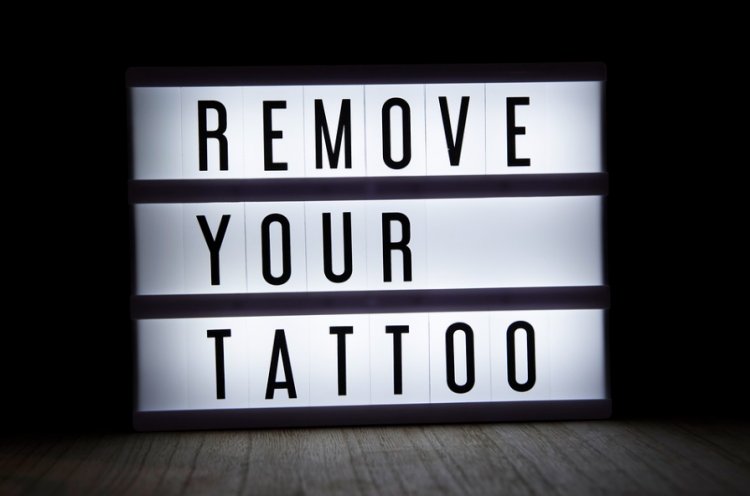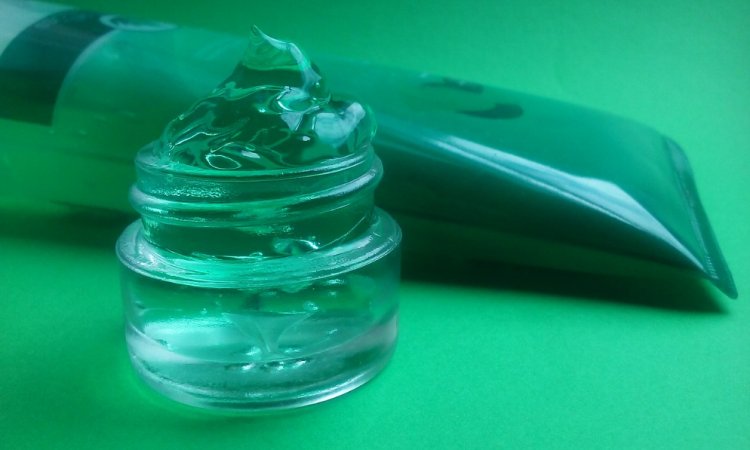Tattoo Removal Methods: Tips and Recommendations
Deciding to remove a tattoo is a personal choice, and there are several methods available for individuals looking to erase or fade their ink. Whether you're unhappy with a tattoo or simply want to make room for new artwork, understanding the various tattoo removal options and their effectiveness can help you make an informed decision. In this comprehensive guide, we'll explore different tattoo removal methods, along with tips and recommendations for achieving the best results.

Understanding Tattoo Removal Methods
Laser Tattoo Removal
Laser tattoo removal is the most common and effective method for removing tattoos. This procedure involves using high-intensity laser beams to break down the ink particles in the skin, allowing the body's immune system to gradually eliminate them. Multiple sessions are typically required to achieve the desired results, and the number of sessions depends on various factors such as the size, color, and age of the tattoo.
Intense Pulsed Light (IPL) Therapy
Similar to laser tattoo removal, IPL therapy uses pulses of light to target and break down tattoo ink in the skin. While IPL can be effective for certain types of tattoos, it may not be as precise or successful as laser treatment. Additionally, IPL may carry a higher risk of skin damage or scarring compared to laser therapy.
Surgical Excision
Surgical excision involves physically cutting out the tattooed skin and stitching the surrounding skin together. This method is typically reserved for small tattoos or tattoos located in areas where scarring is less noticeable, such as the back or chest. Surgical excision may result in scarring and is generally not recommended for larger tattoos or those covering a significant portion of the body.

Chemical Peels
Chemical peels involve applying a solution to the skin that causes the top layers of the skin to peel off, along with the tattoo ink. While chemical peels can help fade tattoos over time, they are not as effective as laser treatment and may require multiple sessions to achieve noticeable results. Chemical peels are best suited for small tattoos or as an adjunct to other removal methods.
Tips and Recommendations for Tattoo Removal
Consult with a Dermatologist: Before undergoing any tattoo removal procedure, it's essential to consult with a qualified dermatologist or medical professional. They can assess your tattoo, discuss your goals and expectations, and recommend the most appropriate removal method for your individual needs.
Be Patient and Realistic: Tattoo removal is a gradual process, and it may take several sessions to achieve the desired results. Be patient and realistic about the timeline and outcome of your removal journey, as complete removal may not always be possible, especially for older or multicolored tattoos.
Follow Aftercare Instructions: After undergoing tattoo removal treatment, it's crucial to follow your dermatologist's aftercare instructions carefully. This may include keeping the treated area clean and dry, avoiding sun exposure, and applying prescribed ointments or creams to promote healing and reduce the risk of complications.
Consider Pain Management Options: Tattoo removal procedures can be uncomfortable or painful, depending on the method used and individual pain tolerance. Discuss pain management options with your dermatologist, such as numbing creams or local anesthesia, to ensure a more comfortable experience during treatment.

Protect Your Skin: During the tattoo removal process, it's essential to protect your skin from further damage or irritation. Avoid picking at scabs or blisters, refrain from scratching or rubbing the treated area, and wear loose clothing to prevent friction or irritation.
Stay Hydrated and Maintain a Healthy Lifestyle: Drinking plenty of water and maintaining a healthy lifestyle can help support the skin's natural healing process and improve the overall effectiveness of tattoo removal treatments. Eat a balanced diet, exercise regularly, and avoid smoking or excessive alcohol consumption to promote optimal skin health.
By following these tips and recommendations, you can navigate the tattoo removal process more effectively and achieve the best possible results. Remember to consult with a qualified dermatologist or medical professional to determine the most suitable removal method for your unique situation and goals.
Coupoly offers a complimentary Medical Concierge Service, connecting you with leading doctors and clinics.
Reach out to us today.
What's Your Reaction?





















